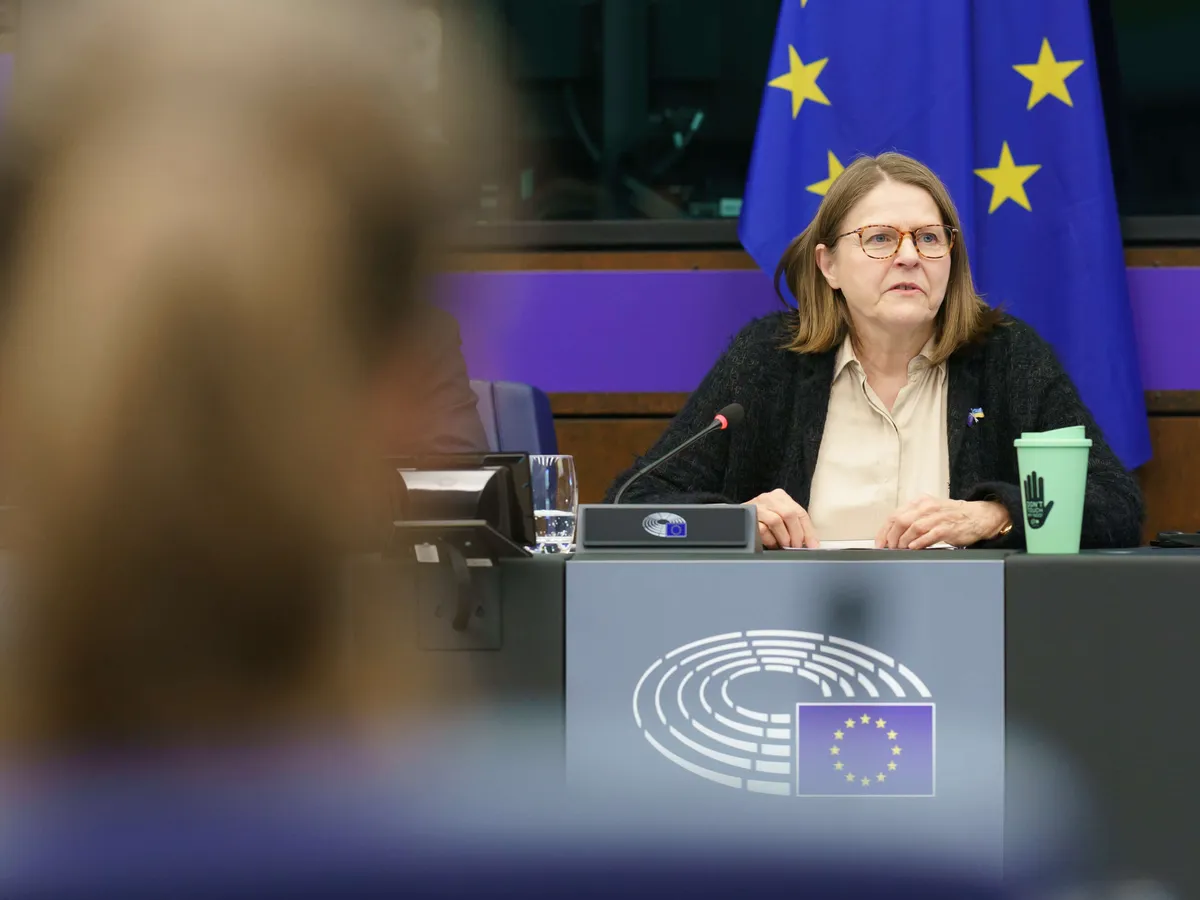The Corporate Responsibility Directive has been in the spotlight a lot in the spring because the Council of Member States considered overturning it. Finland was part of the front that changed the content of the directive.
On Wednesday, the European Parliament gave its final seal to the EU Corporate Responsibility Directive.
The directive obliges companies to comply with the duty of care in their value chains.
The rules aim to address, among other things, the use of child labor and the exploitation of labor, the impoverishment of biodiversity, and the pollution and destruction of natural heritage.
The European Parliament approved the directive with 374 votes in favor, 235 against and 19 abstentions.
“This will go well with numbers. We have a big party coming up,” the Green MEP Heidi Hautala predicted in Strasbourg on Tuesday. He has been working on that directive for a long time.
Hautala is together by Lara Wolters and Manon Aubryn with starring in a French documentary The compromise‘sa, which tells about the birth of the Corporate Responsibility Directive.
The duty of care is applied in the directive to companies with at least one thousand employees and whose turnover is at least EUR 450 million.
Finland opposed the class action
The Corporate Responsibility Directive has been in the spotlight a lot in the spring because the Council of Member States considered overturning it. Finland was part of the front that changed the content of the directive.
The Finnish government objected to the clause on the introduction of a class action included in the directive. The matter was finally resolved in the manner required by Finland.
The Finnish business community was always of the opinion that the introduction of a class action would have been a lesser evil than overturning the entire directive.
“Perhaps it was descriptive of the current Finnish government that they grasped the legal status of the people who are the poorest and in the weakest position of all. But that sabotage was not completely successful. The representative action remained in the directive”, Hautala stated.
According to him, it gives trade unions, ombudsmen or non-governmental organizations the opportunity to represent the disadvantaged.
“This evening milking that started in Germany wasted three months. It was unfortunate, but the core of the legislation remained unchanged,” says Hautala.
In March, Belgium, the country holding the EU presidency, was able to form the necessary majority of member states behind the directive after numerous attempts.
In the earlier negotiated version of the directive, it would have been applied to smaller companies. The limit would have been at least 500 employees and at least 150 million euros in turnover. The scope of the directive would also have included smaller companies in risky sectors. On Belgium’s proposal, risk sectors were removed from the scope of the directive.
The Council of Member States must still give the directive its final blessing before it can enter into force.
